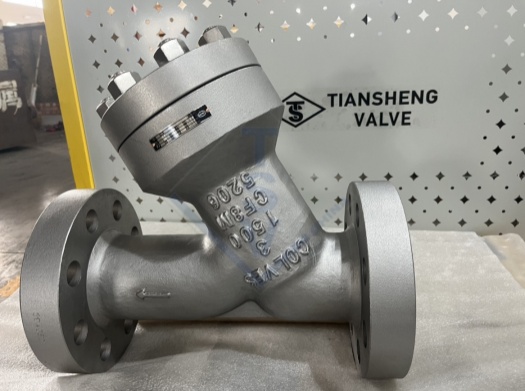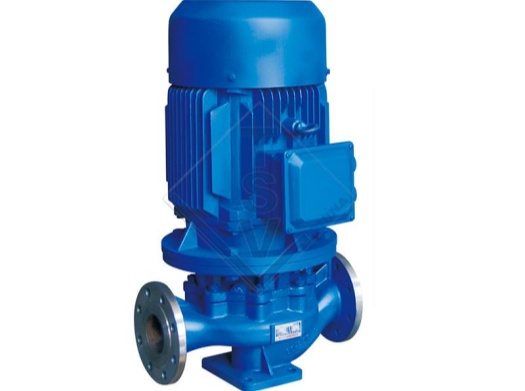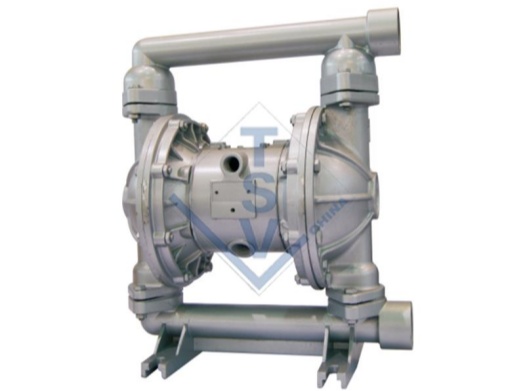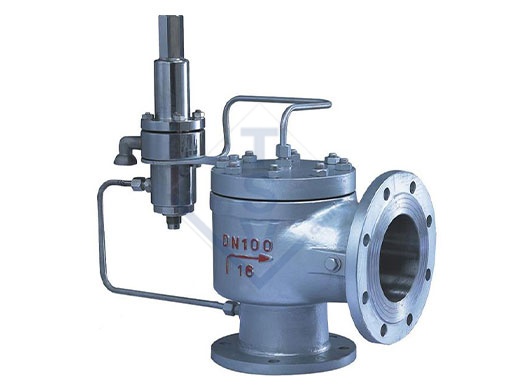A Pilot Operated Pressure Safety Valve is an advanced type of pressure relief device designed to protect systems and equipment from overpressure conditions. Unlike conventional spring-loaded safety valves, this valve uses a pilot mechanism to control the opening and closing of the main valve, offering greater precision, reliability, and flexibility in pressure management.
Key Features:
-
Pilot-Controlled Mechanism: The valve consists of a main valve and a pilot system. The pilot senses the system pressure and controls the operation of the main valve, ensuring accurate pressure relief.
-
High Accuracy: Pilot-operated valves provide precise pressure control, with minimal variation between the set pressure and the actual opening pressure.
-
Modulating Operation: These valves can open proportionally to the overpressure, allowing for smoother pressure relief compared to pop-action valves.
-
Versatility: Suitable for a wide range of applications, including high-pressure and high-capacity systems.
-
Low Maintenance: The design reduces wear and tear on the main valve, leading to longer service life and lower maintenance requirements.
Working Principle:
-
The pilot system continuously monitors the system pressure.
-
When the pressure exceeds the set point, the pilot mechanism activates, allowing the main valve to open and release excess pressure.
-
Once the pressure returns to a safe level, the pilot mechanism closes the main valve, stopping the flow of fluid or gas.
-
The pilot can also be designed to provide additional functionalities, such as remote operation, pressure adjustment, or fail-safe modes.
Applications:
-
Widely used in industries such as oil and gas, petrochemical, power generation, and chemical processing.
-
Ideal for systems requiring precise pressure control, such as boilers, pipelines, and storage tanks.
Advantages:
-
Precision: Offers highly accurate pressure relief with minimal overpressure.
-
Flexibility: Can handle a wide range of pressures and flow rates.
-
Efficiency: Modulating operation reduces system stress and prevents unnecessary fluid loss.
-
Reliability: Pilot systems are designed to operate reliably even in harsh conditions.
Limitations:
-
Complexity: More complex design compared to conventional safety valves, requiring specialized knowledge for installation and maintenance.
-
Cost: Higher initial cost due to the advanced technology and components involved.






 Request a Quote
Request a Quote